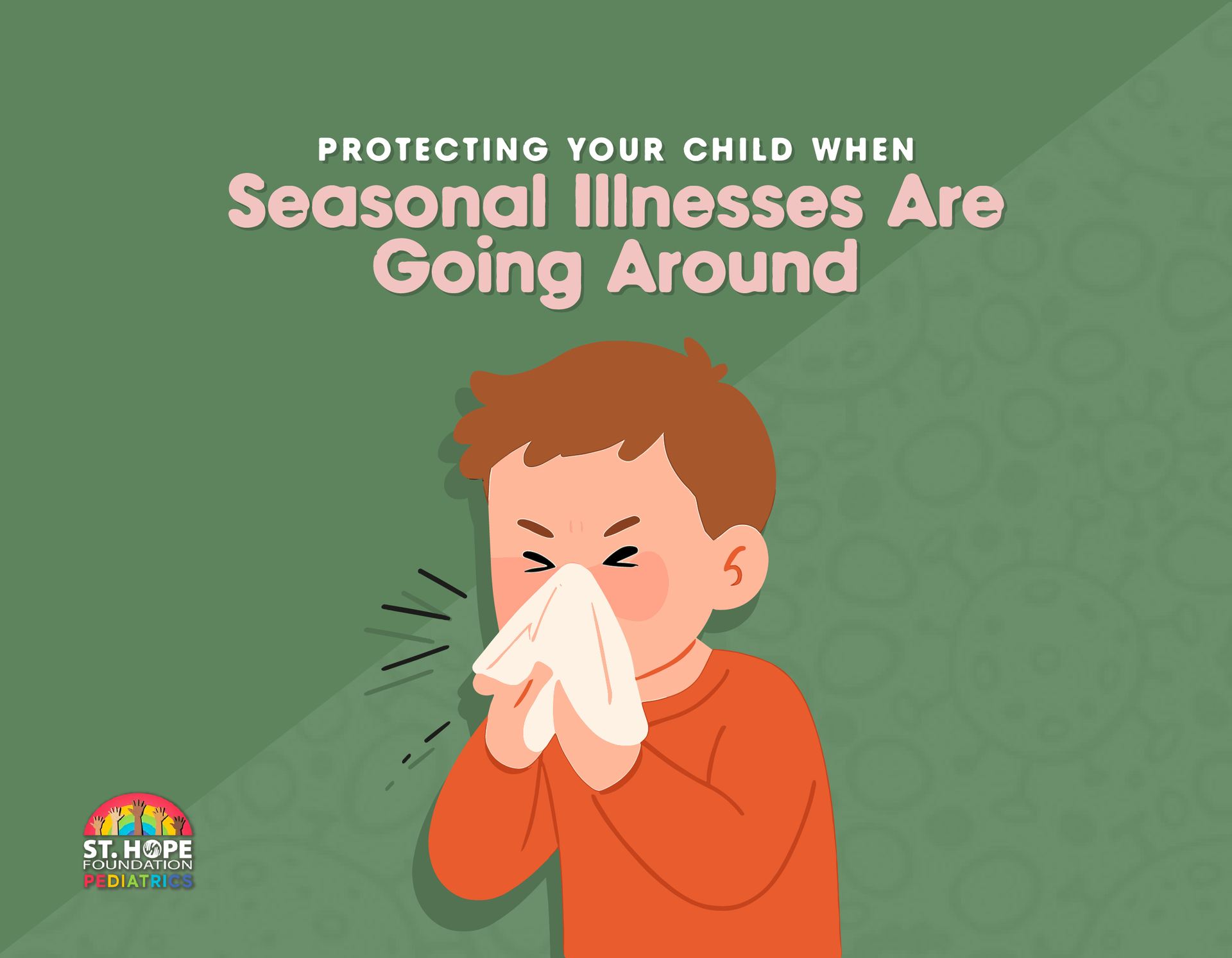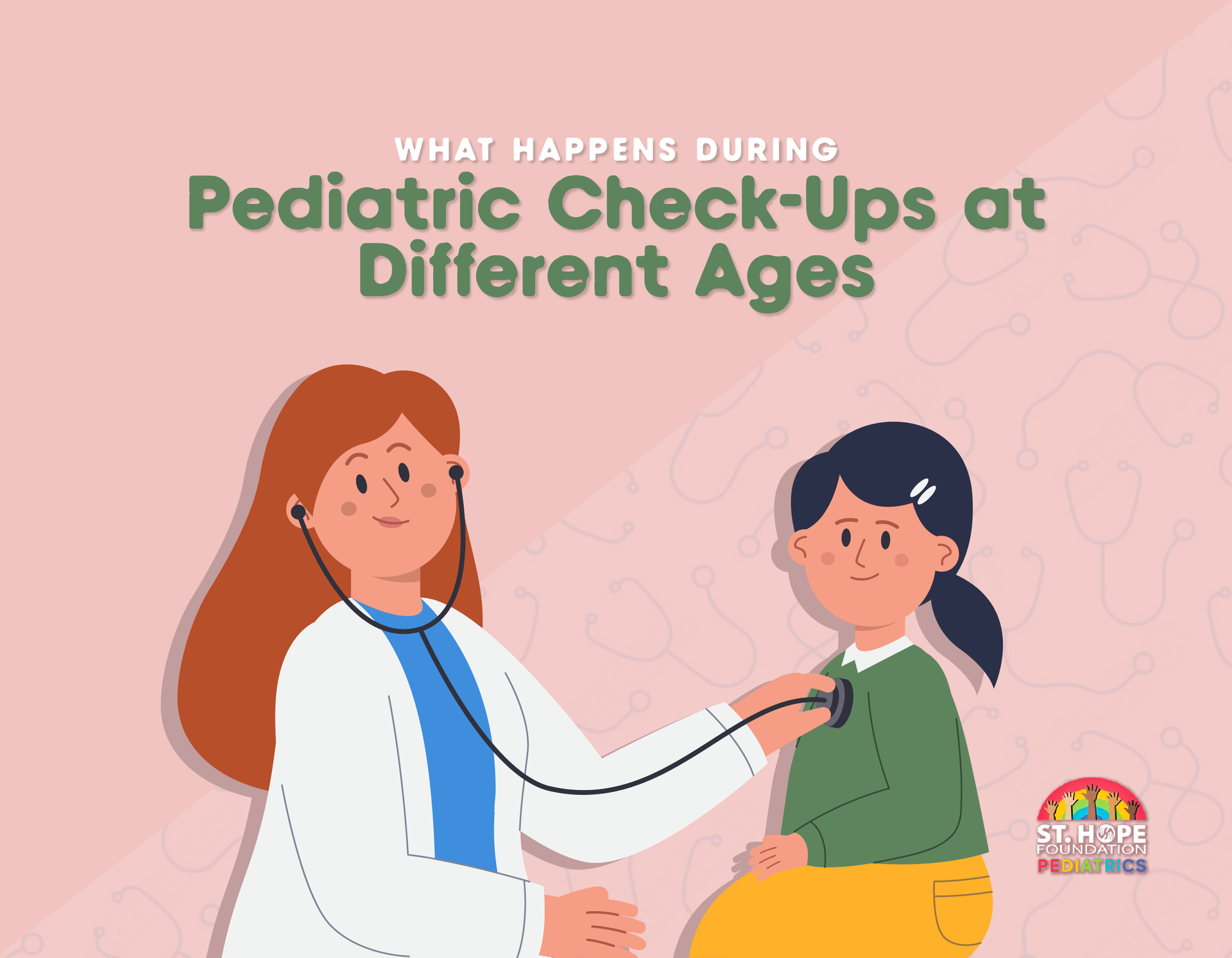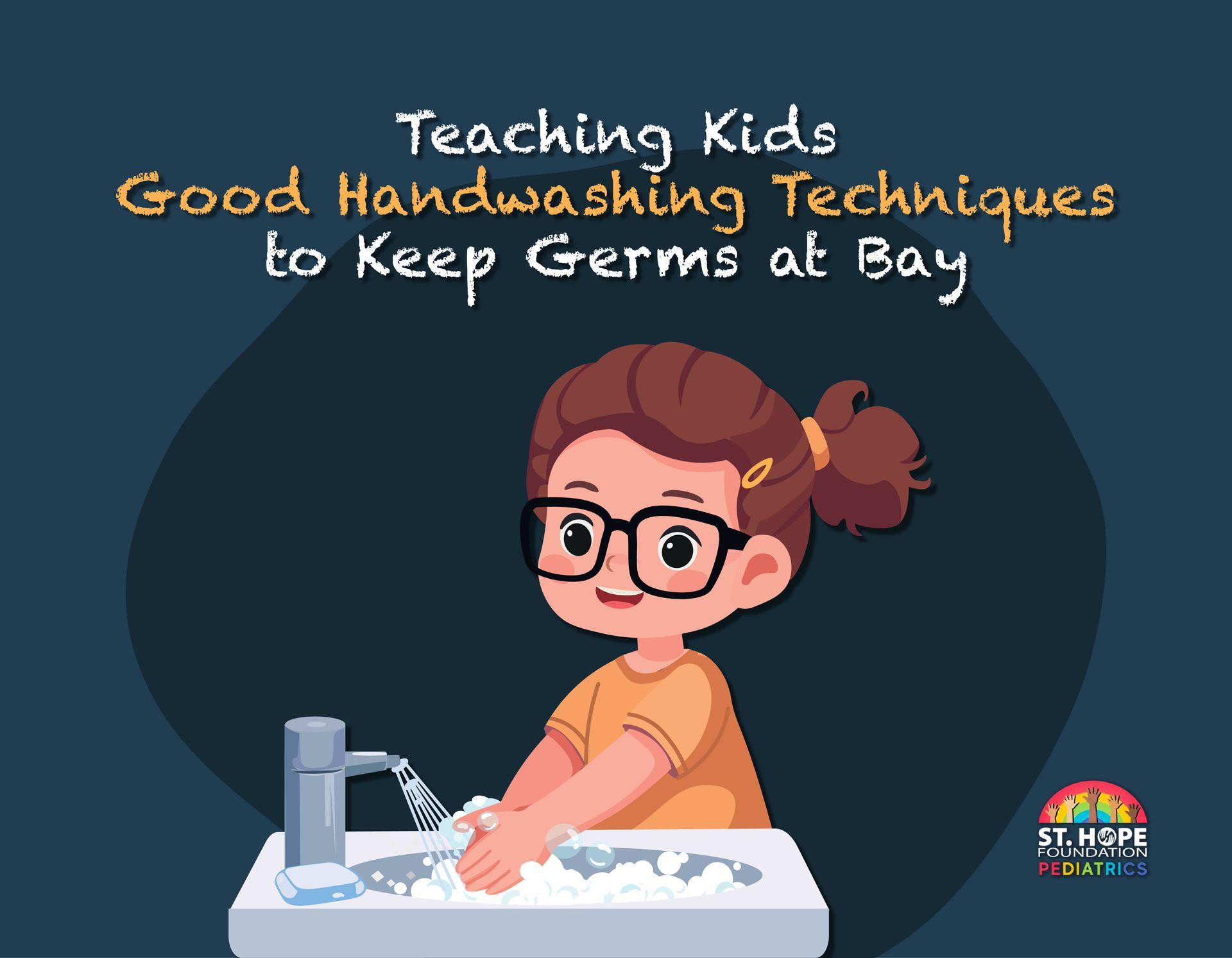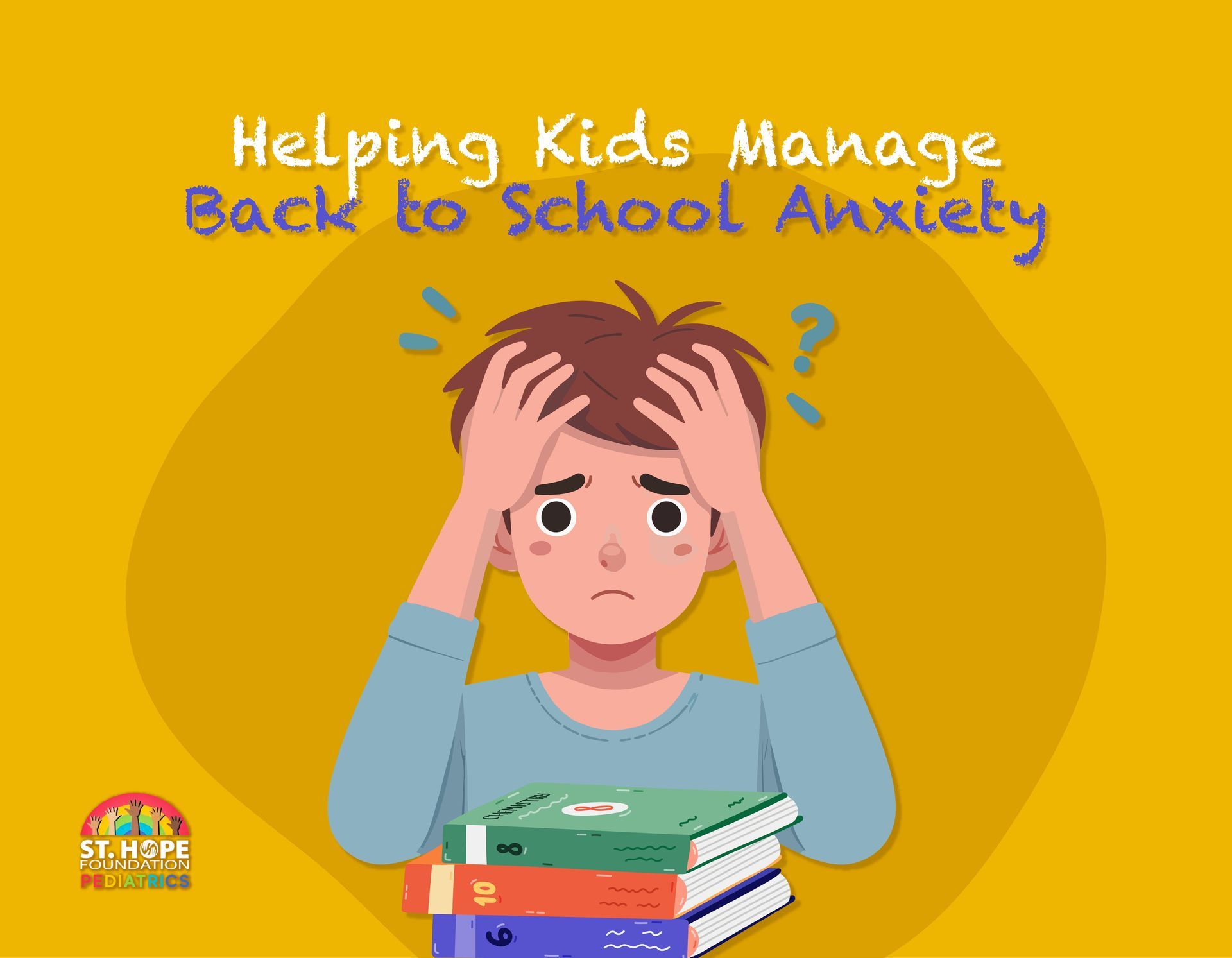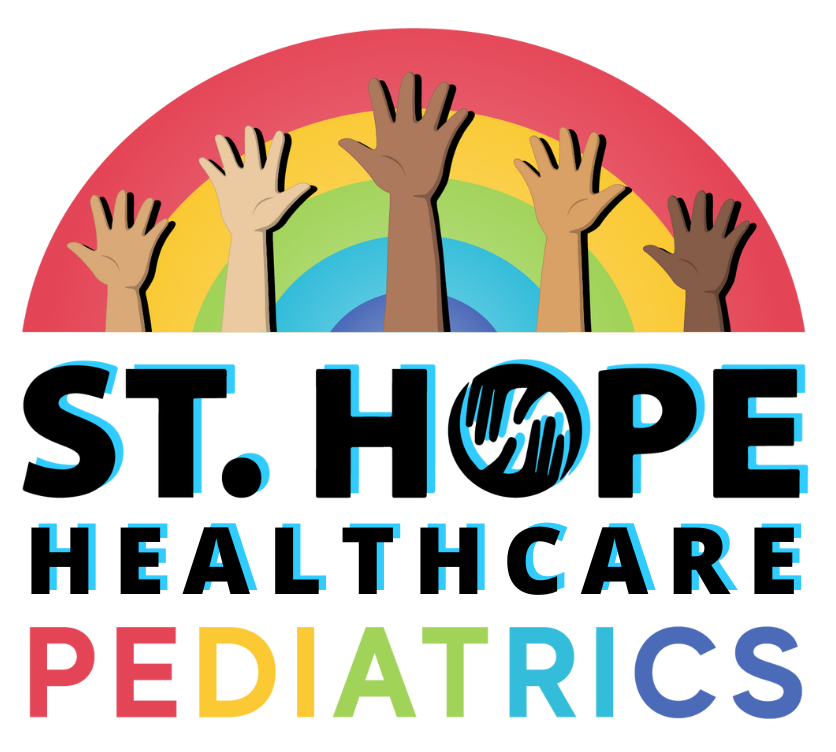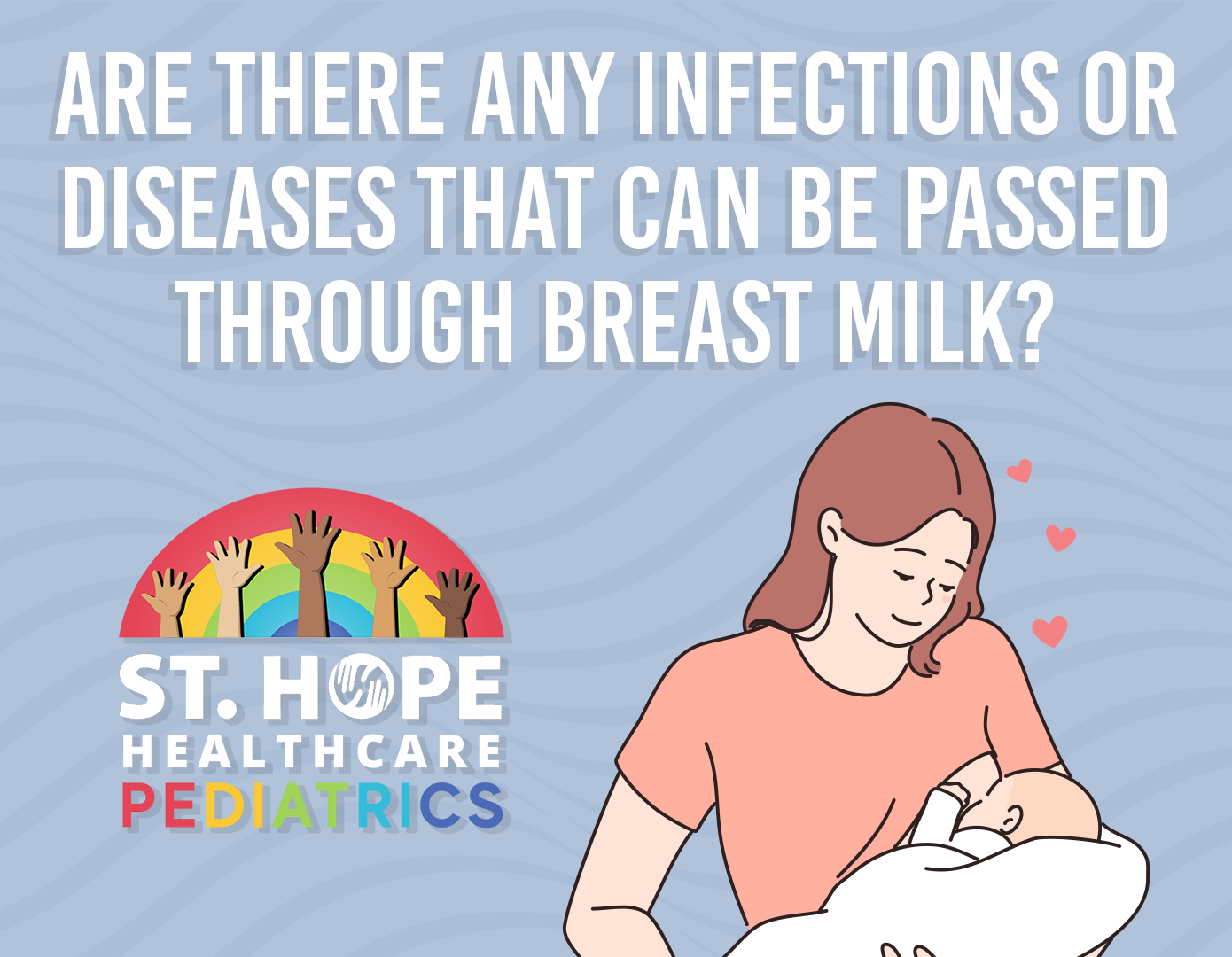
When a child is born, their mother’s breast milk provides the ultimate nourishment to their body. The child grows and develops a strong immune system over their first few months of life thanks to the plethora of nutrients present in the milk, including antibodies, vitamins, minerals and other essential components.
However, breast feeding isn’t always an option for new mothers. Certain diseases and infections (both preexisting and acquired after giving birth) can be passed through breast milk, potentially making breastfeeding inadvisable for some mothers.
If you’re pregnant or have recently given birth, be sure to discuss your medical history with your doctor or your baby’s pediatrician to determine the best course of action regarding breastfeeding.
Which Infections and Diseases Can Be Passed Through Breast Milk?
Human Immunodeficiency Virus (HIV)
HIV can be transmitted through breast milk. Although the risk of transmission is low and influenced by factors like the viral load (the amount of HIV in the mother's blood and breast milk), the duration of breastfeeding and the presence of any breast or nipple injuries, HIV-positive mothers should generally avoid breastfeeding and feed their babies formula.
Hepatitis B and C
Although possible, the transmission risk of hepatitis B and C through breast milk is considered low. However, the virus can be easily transmitted to the baby during childbirth.
This is why children born to mothers with chronic hepatitis infection are given a series of vaccinations shortly after birth.
Keep in mind that each situation is different, and the risk of transmitting the disease vary based on individual circumstances. If you’re pregnant and have concerns about Hepatitis B or C transmission through breast milk, be sure to consult with a healthcare provider or a specialist in infectious diseases.
Herpes Simplex Virus
Like with other diseases, herpes can be transmitted through breast milk, but again, the risk is low. The risk increases when a mother has an active herpes outbreak on her breast or nipple, as there is a potential risk of transmitting the virus to her infant through breastfeeding.
If that’s the case, it’s best to avoid breastfeeding on the affected breast until the outbreak has healed. The unaffected breast can still be used for breastfeeding. If both breasts are affected, expressing milk with a breast pump and feeding it to the baby via a bottle may be a good temporary solution until the lesions have healed.
Can I Breastfeed if I’ve Had Breast Augmentation Surgery?
While it’s common for silicone and other artificial materials to be used in breast implants, they’re generally considered safe and do not interfere with the production of milk or the act of breastfeeding.
Many women who have had breast augmentation surgery can successfully breastfeed their infants without any added risks.
Can I Breastfeed if I’ve Had Breast Reduction Surgery?
The ability to breastfeed after breast reduction surgery can vary from mother to mother. Breast reduction surgery, also known as reduction mammaplasty, involves removing excess breast tissue and reshaping the breasts to reduce their size and improve their shape.
During the procedure, some of the milk ducts and glandular tissue may be removed or repositioned, which can potentially affect milk production and, as a result, breastfeeding.
If you’ve had breast reduction surgery and are now pregnant, it’s important to have realistic expectations about breastfeeding. While some women are able to breastfeed successfully, others may experience challenges or have reduced milk supply. The good news is there are plenty of supplemental feeding methods, such as pumping or using donor milk and formula, that can ensure your baby stays full and healthy.
Are You Looking for Pediatric Laboratory Services in Houston, TX?
Your child’s health is understandably your number one priority. We understand your commitment to your child’s wellbeing and offer a plethora of services to help you keep your child happy and healthy.
From fast and accurate diagnostic testing and annual checkups to sick visits and immunizations, we have you and your child covered.
To learn more or book an appointment with us, call (713) 778-1300 or send us a message.

